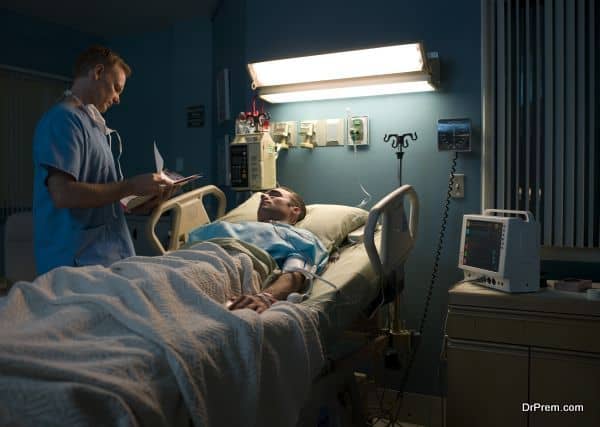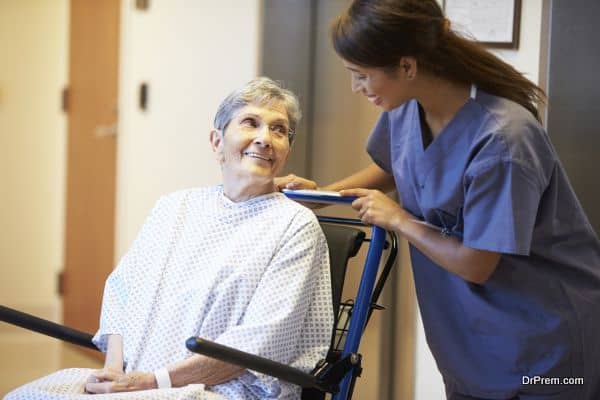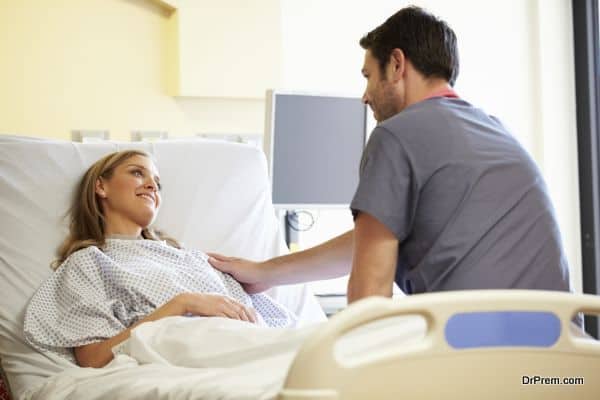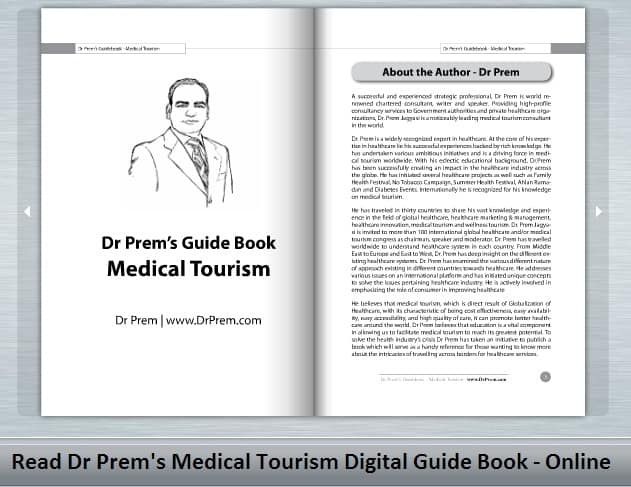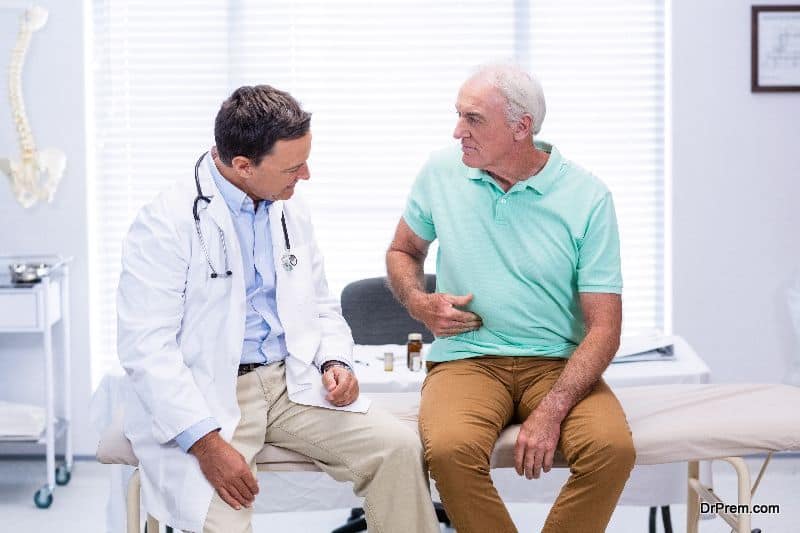After the treatment has been completed, the patient will need immediate post-operative care and the physician will usually shift them to a care ward where doctors and nurses will monitor their condition.
Recovering once your procedure is completed
It is essential at this phase for you to express your concerns, discomfort or pain that you might be feeling at that time. If you do not have a companion to aid you, you should take the help of the nursing staff to communicate with your family back home so that you can inform them about your current condition, and details regarding the surgery.
Recovering once you have been discharged
Once you have completed the initial post-operative care procedures, you will be discharged from the healthcare facility. At this time, you and your companion will be on your own. You will still have to communicate with your treating doctor, while monitoring your own condition. You have to keep an eye on the healing process, while ensuring that you take the required prescription drugs at the right time. Book a hotel at a close distance to the treating facility, so that your companion does not have trouble shifting you to the healthcare facility if complications arise.
During this phase, you have to keep an eye out for any irregularities on your body or internally after the surgery. This has to be done by the patient himself/herself, as you will be the best judge in any discomfort or complications arise after the treatment. While pain is normal after a surgery, you should alert your companion if pain begins to increase for no reason, while you are still on medication.
Focus on the amount of pain you are experiencing, and communicate the same to your treating physician. After the surgery has been performed, your physician will also be focusing on ways to alleviate pain.
The post-operative care that a patient requires largely depends on the surgery that has been performed. Hence, the best advice to help you recover quickly will always come from your physician or healthcare provider. However, here are a few general post-operative care tips that you should follow:
- Make sure that your body is constantly hydrated. Since many medications make you sweat, your body loses a considerable amount of water, which if not taken care of, can lead to dehydration.
- You should try not to consume alcohol, quit smoking and avoid caffeinated beverages. Smoking and drinking can result in dehydration too.
- Make sure that your wound is properly treated and taken care of. Change the wound dressing as prescribed.
- While your diet should be according to the advice given by your treating physician, usually you should be consuming a bland, low fat and low sodium diet.
- Try to move around your room or hotel if you are able too. Walking will help you get back to a normal shape as quickly as possible.


